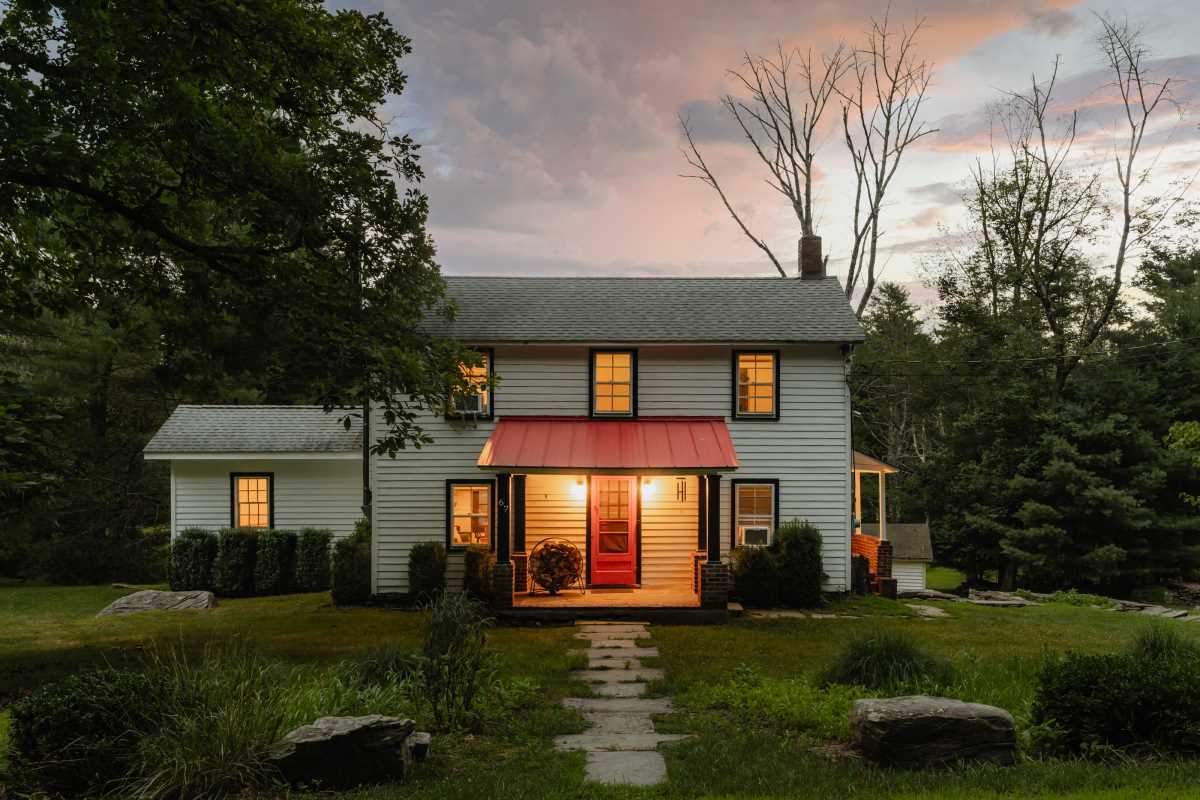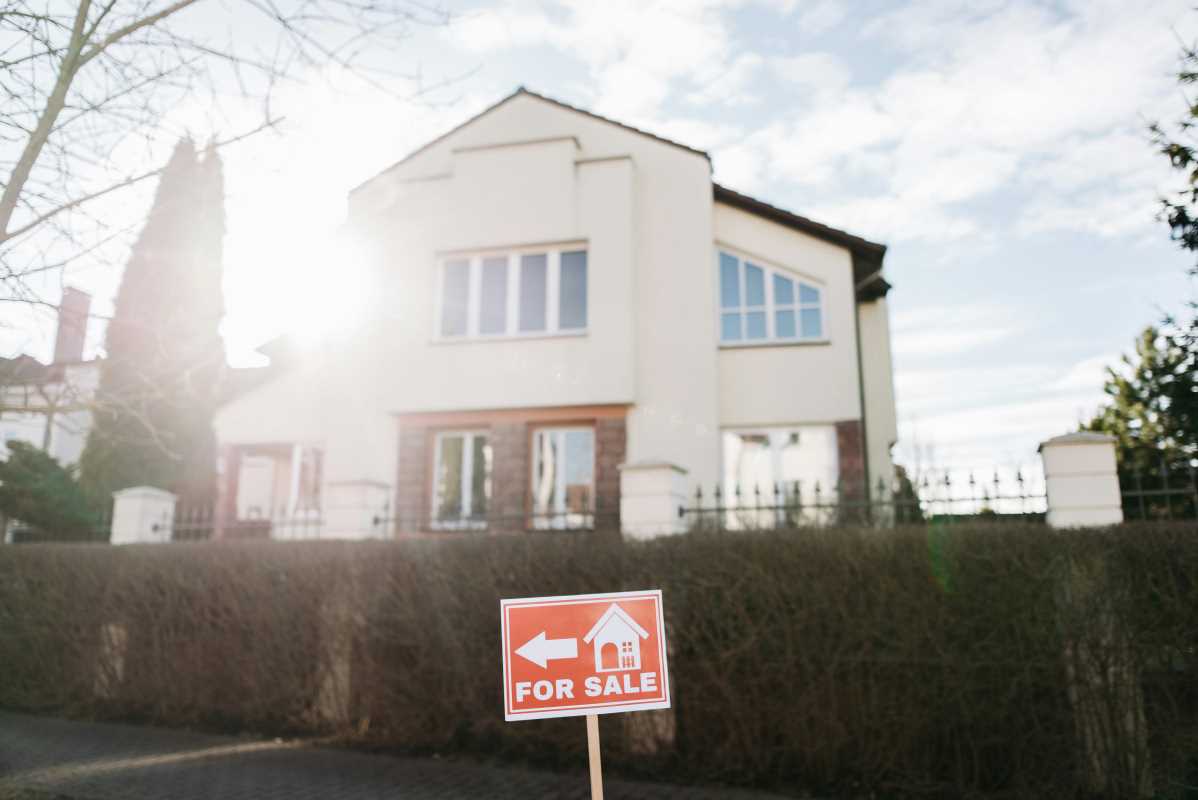Buying your first home is a thrilling experience. It’s a major milestone and the foundation for new memories. But it’s also a big decision that comes with its own set of challenges. For first-time buyers, the excitement of house hunting can lead to avoidable mistakes that turn the dream into stress. Don’t worry—we’ve got your back. Here are the top mistakes first-time homebuyers make and, more importantly, how you can avoid them.
1. Skipping Pre-Approval
One of the most common mistakes new buyers make is jumping into house hunting without getting pre-approved for a mortgage. Sure, shopping for homes is the fun part, but doing this without knowing your true budget can lead to disappointment.
- Why it’s a problem: You might fall in love with homes outside your price range. Worse, sellers may not take your offer seriously if you don’t have pre-approval.
- How to avoid it:
- Reach out to a lender early in the process to get pre-approved.
- Use the pre-approval amount as your guide when narrowing down your search.
Being pre-approved not only gives you a clear number to work with but also signals to sellers that you’re serious and ready to buy.
2. Underestimating Total Costs
It’s not uncommon for first-time buyers to focus solely on the price tag of the home while overlooking the many additional costs associated with ownership.
- Hidden costs to watch out for:
- Closing costs (which can range from 2% to 5% of the home’s price)
- Property taxes
- Homeowners insurance
- Maintenance and repairs
- HOA fees (if applicable)
- How to avoid it:
- Talk to your lender or real estate agent upfront to understand all expected costs.
- Set aside an emergency fund for unexpected maintenance expenses.
By accounting for these extra expenses in your budget, you’ll avoid the unpleasant surprise of scraping together funds after you’ve moved in.
3. Failing to Get a Home Inspection
When you’re competing for a home, skipping the inspection to make your offer more appealing might seem like a good idea. Spoiler alert: It’s not.
- Why inspections matter:
- They reveal hidden issues like structural problems, outdated wiring, or plumbing issues.
- Repairs can be expensive if flaws are uncovered after the purchase.
- How to avoid it:
- Never waive an inspection unless you’re buying “as-is” and are fully prepared for risks.
- Hire a reputable, licensed inspector to thoroughly evaluate the home before finalizing the deal.
An inspection is your safety net. It ensures you won’t be blindsided by costly surprises after moving in.
4. Overextending Your Budget
Buying a home can be emotional, and it’s easy to justify stretching your budget to get that dream kitchen or extra bedroom. However, spending more than you can afford can lead to financial strain.
- Why it’s risky:
- You might struggle to keep up with monthly mortgage payments.
- Life happens, and unexpected expenses can quickly add up.
- How to avoid it:
- Stick to a budget that factors in all potential costs (mortgage, utilities, repairs, etc.).
- Get realistic about what you can comfortably afford—not just now, but in the long term.
A home should enhance your life, not become a source of financial stress. It’s okay to compromise on extras to stay within your comfort zone.
5. Ignoring Future Needs
Many first-time buyers shop strictly for their “right now” situation without factoring in how their needs might change over time.
- Examples of future factors:
- Will your family grow?
- Are there schools or parks nearby if you plan to have kids?
- Is the neighborhood convenient for your long-term lifestyle?
- How to avoid it:
- Think at least five to ten years ahead when buying your first home.
- Choose a property that can adapt to potential lifestyle changes, even if you don’t need that extra space today.
A little forward-thinking can prevent you from outgrowing your home too quickly.
6. Not Researching the Neighborhood
Sometimes buyers get so focused on the house itself that they neglect to consider the neighborhood. Even the most perfect home won’t feel perfect if you don’t love the area it’s in.
- What to look for:
- Safety and crime rates
- Proximity to work, schools, and amenities
- Noise levels and the overall vibe
- How to avoid it:
- Visit the neighborhood at different times of day and week.
- Talk to neighbors or research online to get a feel for the community.
Taking the time to learn about the area could make all the difference between loving or regretting your choice.
7. Making Emotional Decisions
The excitement of buying your first home can cloud judgment, leading to impulsive decisions. Whether it’s overbidding on a house or rushing into an offer, acting on emotions alone can be costly.
- How to avoid it:
- Set clear purchasing criteria and stick to them.
- Take a step back and consult with your real estate agent before making big decisions.
Remember, buying a home is a major investment. It’s important to keep emotions in check and think logically about what’s best for you.
8. Overlooking Loan Options and First-Time Buyer Programs
First-time buyers often assume the standard 20% down payment is their only option. However, there are special programs and loans designed to make homeownership more affordable.
- What to look into:
- FHA loans require as little as 3.5% down.
- State or local first-time buyer assistance programs may offer grants, down payment help, or low-interest loans.
- How to avoid it:
- Research your options and ask your lender about first-time buyer programs. Many buyers are surprised by the variety of assistance available to them.
By exploring all your options, you might find you don’t need as much upfront cash as you thought.
 (Image via
(Image via

.jpeg)



